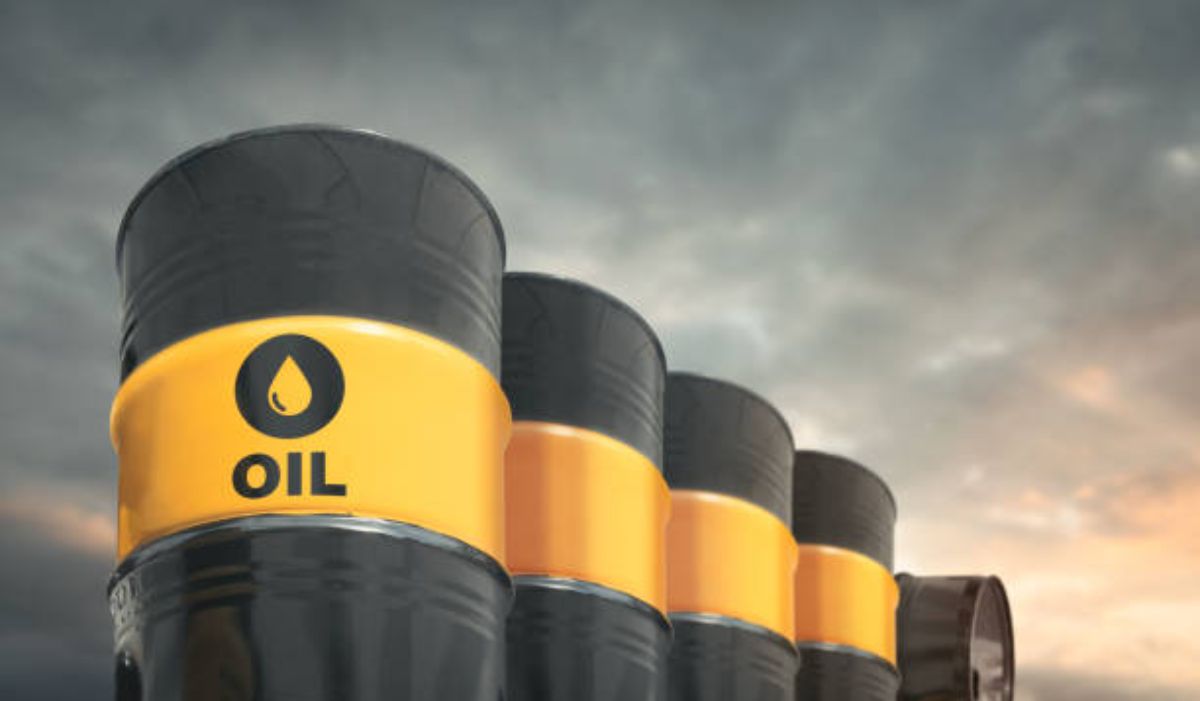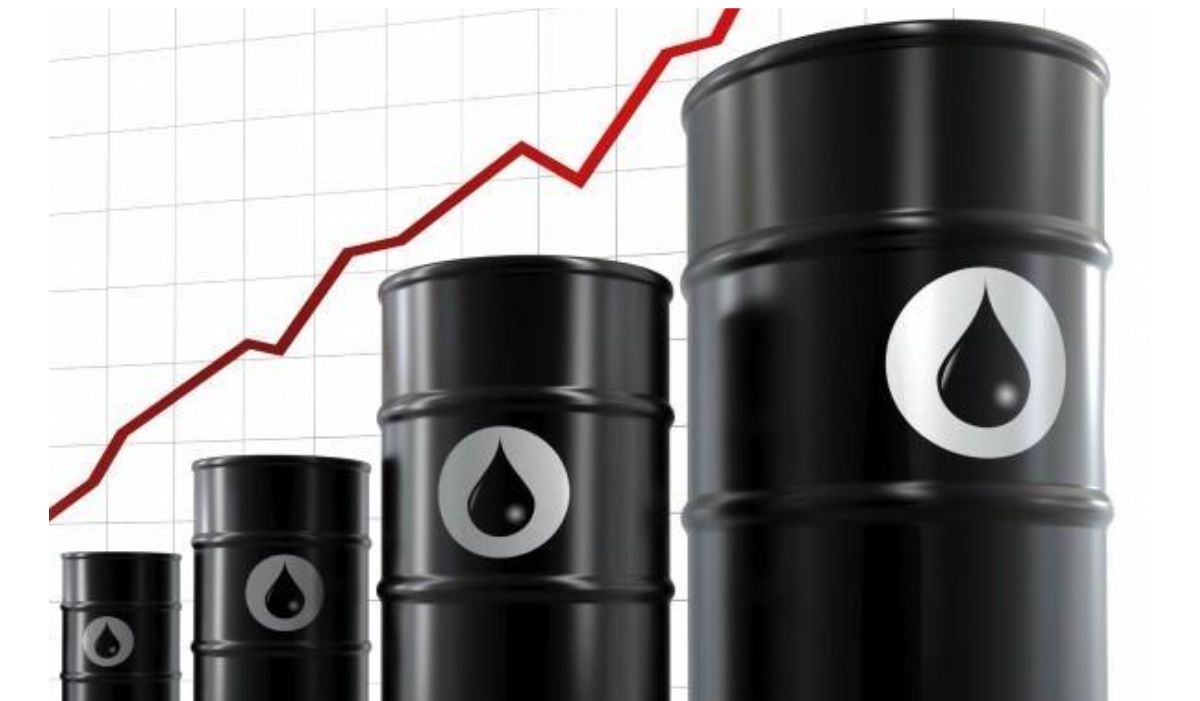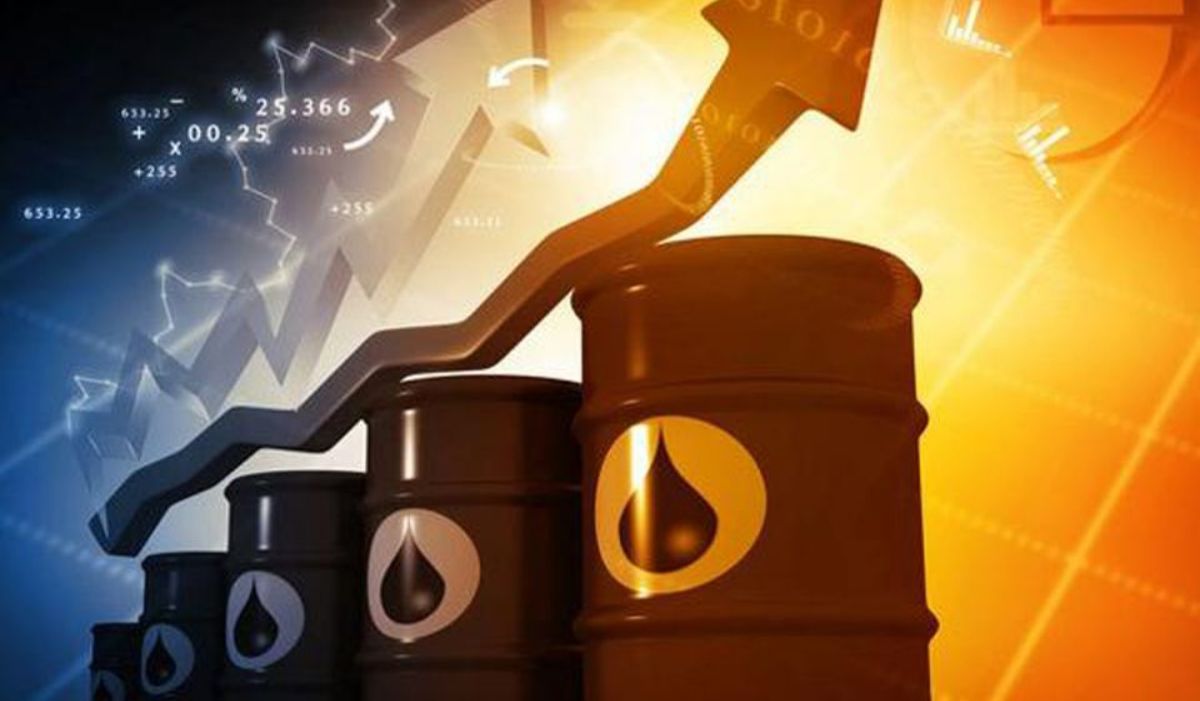Oil Prices Waver After Sharp Rise Amid Escalating Middle East Tensions

Crude oil prices experienced significant volatility on Monday, following a sharp 7% surge last Friday.
The renewed exchange of military strikes between Israel and Iran over the weekend has raised alarms over the possibility of the conflict spreading further, potentially threatening vital oil supply routes in the Middle East.
Both Brent crude and West Texas Intermediate (WTI) spiked by more than $4 per barrel in early trading before paring back some of their gains.
On Monday morning, Brent crude slipped 30 cents, or 0.4%, to $73.93 per barrel. Meanwhile, WTI dropped 18 cents, or 0.3%, trading at $72.80 per barrel.
Friday’s close marked a 7% daily increase for both benchmarks, with intraday movements showing gains of more than 13%—the highest levels recorded since January.
“It all boils down to how the conflict escalates around energy flows,” Reuters quoted Harry Tchilinguirian, group head of research at Onyx Capital Group, as saying. “So far, production capacity and export capacity have been spared, and there hasn’t been any effort on the part of Iran to impair flows through the Strait of Hormuz. But no one can predict which way the conflict is going to go.”
On Monday, Iranian missile strikes hit key Israeli locations, including Tel Aviv and the port of Haifa, damaging infrastructure and escalating fears among global leaders gathering at the G7 summit that the situation could spiral out of control. Sunday’s tit-for-tat attacks led to civilian deaths on both sides, with each military urging non-combatants across enemy lines to remain vigilant in anticipation of further violence.
Roughly 20% of the global oil supply—equivalent to between 18 and 19 million barrels per day—flows through the Strait of Hormuz. Analysts warn that any significant interference in this critical shipping lane could lead to sharp price hikes.
Toshitaka Tazawa, an analyst at Fujitomi Securities, noted that while attention remains fixed on the potential damage to Iranian energy infrastructure due to Israeli airstrikes, a bigger concern lies in the possibility of a blockade or disruption at the Strait of Hormuz, which could severely impact global oil markets.
Iran, a major oil-producing member of OPEC, is currently pumping around 3.3 million barrels per day and exporting over 2 million barrels daily, including refined products.
According to market observers, the collective spare capacity of OPEC+ producers could, in theory, compensate for the loss of Iranian output, but logistical and geopolitical challenges remain.
“If Iranian crude exports are disrupted, Chinese, the sole buyers of Iranian barrels, would need to seek alternative grades from other Middle Eastern countries and Russian crudes,” said Richard Joswick, head of near-term oil analysis at S&P Global Commodity Insights.
“This could also boost freight rates and tanker insurance premiums, narrow the Brent-Dubai spread, and hurt refinery margins, particularly in Asia,” Joswick added.
Official Chinese data released Monday showed that the country’s crude oil throughput in May fell by 1.8% year-on-year, marking its lowest level since August. Analysts attribute the drop to planned maintenance across both state-owned and independent refining facilities.
Commenting on the regional crisis, U.S. President Donald Trump wanted de-escalation. Speaking on Sunday, he said he hoped Israel and Iran could “broker a ceasefire,” though he added, “sometimes countries had to fight it out first.” He reiterated America’s support for Israel but declined to confirm whether he had advised the Israeli government to suspend military operations.
German Chancellor Friedrich Merz echoed similar sentiments, stating that the Group of Seven (G7) leaders, meeting in Canada, would aim to forge a unified approach to defuse the conflict and prevent it from expanding.
Despite international efforts at mediation, an official familiar with the situation told Reuters that Iran, through channels in Qatar and Oman, has conveyed its unwillingness to enter into ceasefire talks while under continued Israeli assault.





